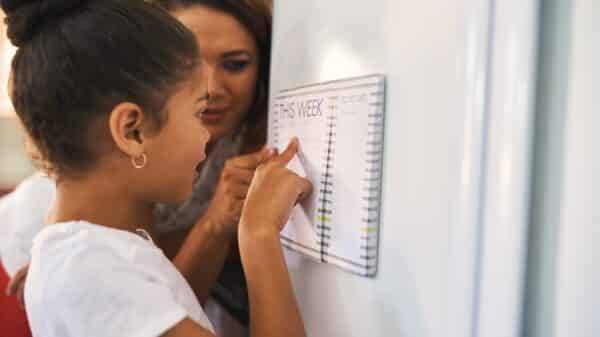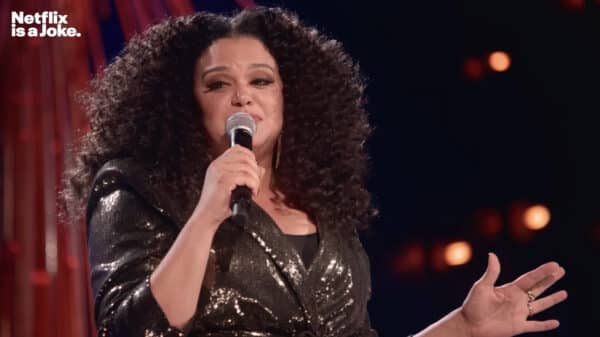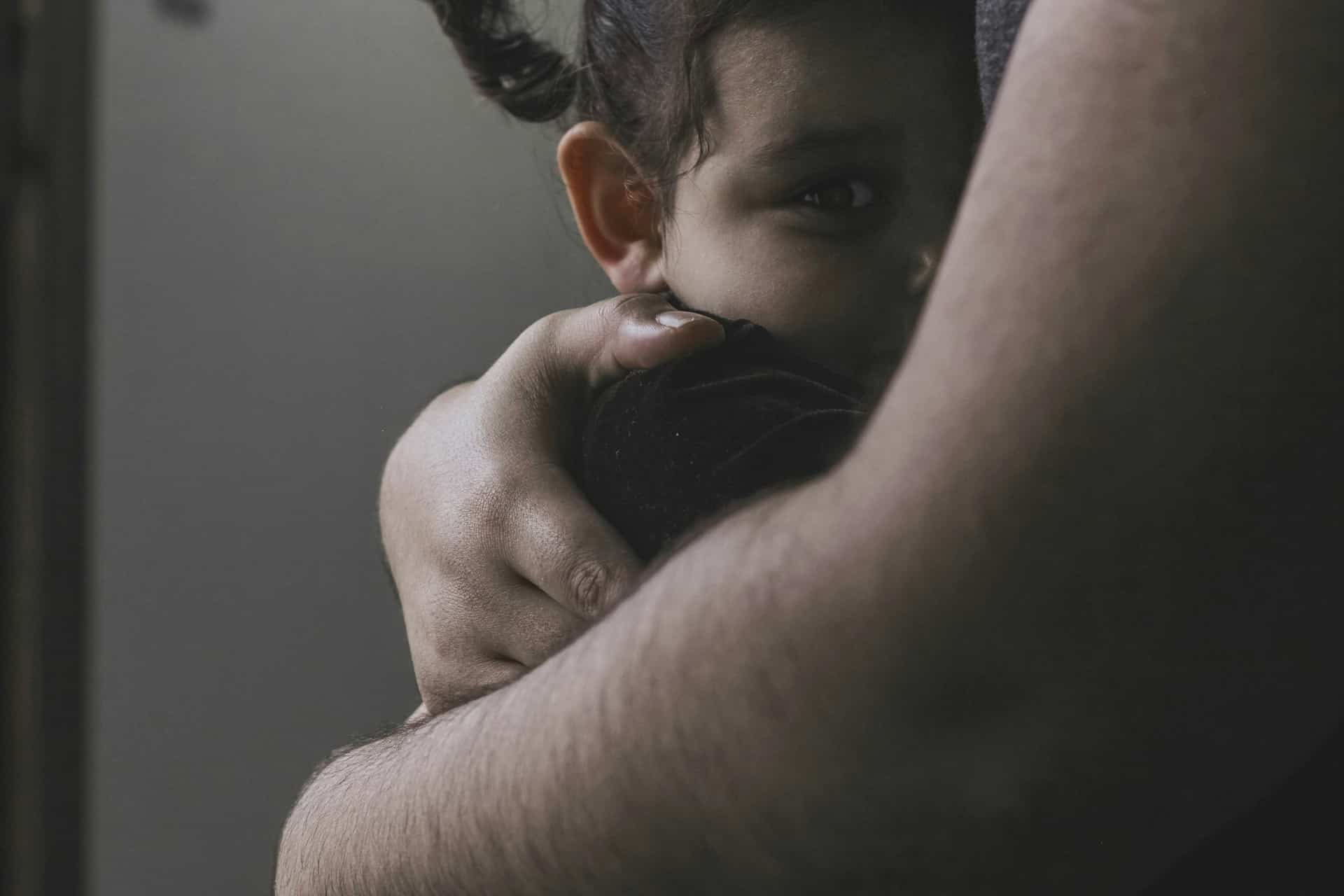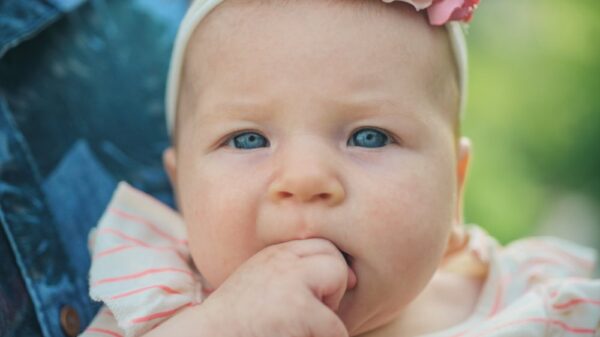Nobody wants to contemplate the unimaginable reality of a child—any child—facing abuse. It’s a heart-wrenching thought, and yet, acknowledging this harsh truth is vital for both children and parents. Understanding the dynamics of inappropriate touch and fostering open communication about potentially harmful experiences are essential steps in safeguarding our kids.
That said, in our instinctive quest to shield our children from harm, we sometimes misstep. Lexi Koster, a Child Life Specialist and Certified Clinical Trauma Specialist, brings an important perspective on this matter, especially regarding childhood sexual abuse (CSA) prevention. In a recent TikTok video, she states an entrancing warning: “Kids will internalize statements like, ‘If anyone ever touches your private parts, I’ll make sure they face consequences,’” she explains. “This can backfire, as a significant number of children are abused by familiar figures—people they know and love.”
The problem here is multifaceted. If a child believes that you might retaliate against someone close to them—be it a family member or a trusted friend—they may feel trapped and reluctant to disclose their trauma. They might think, “If I tell, my parents will hurt them,” and that fear can lead to prolonged suffering. Instead, Koster emphasizes, “It’s crucial to reassure them: ‘We’ll make sure they get the help they need from trusted professionals, but ultimately, their actions are not your fault and their fate is not your burden.’”
As parents, our natural inclination is to want our kids to know we are their fiercely protective champions. Yet, it’s equally important to realize that abuse creates emotional complexities for children. Pouring more promises of punishment onto an already fraught situation can be an overwhelming burden for them to shoulder.
Unfortunately, many individuals have recounted their experiences that validate Koster’s insights. One school counselor shared, “In my role, I often hear students report abuse by someone they know well, someone they may even live with. It’s essential to navigate this conversation delicately. As a mental health professional and an outsider to their family, I must be careful about how I discuss the alleged abuser, as their feelings are often much more complicated than I can comprehend.”
Another survivor disclosed, “Pressing charges against my abuser was extremely difficult because he was my uncle, a family friend. I didn’t want to put him in trouble, and hearing my parents talk about hurting him made it even harder.” Someone else recalled, “My mom would say, ‘Your father and uncle would go to prison for anyone who harms you.’ Those words made me hesitate for years before I opened up to anyone about what was happening.”
Childhood sexual abuse is a harrowing reality in our world—it’s deeply tragic, incredibly complicated, and, sadly, far too common. Despite our genuine intentions, navigating these emotions can be a challenge, and it may prevent us from effectively supporting our children. Thankfully, there are valuable resources available that can guide parents in this difficult landscape.
If you find yourself seeking more information or support in this area, consider visiting organizations like the Rape Abuse & Incest National Network (RAINN), Darkness to Light, Brave Movement, or the National Child Traumatic Stress Network. These organizations provide useful resources and insights to help parents learn how to protect their children and respond appropriately in the face of this unimaginable crime. Knowledge is power, and understanding is your strongest ally in fostering a safe environment for your kids.
Image Source: Unsplash



































